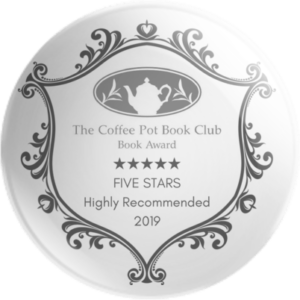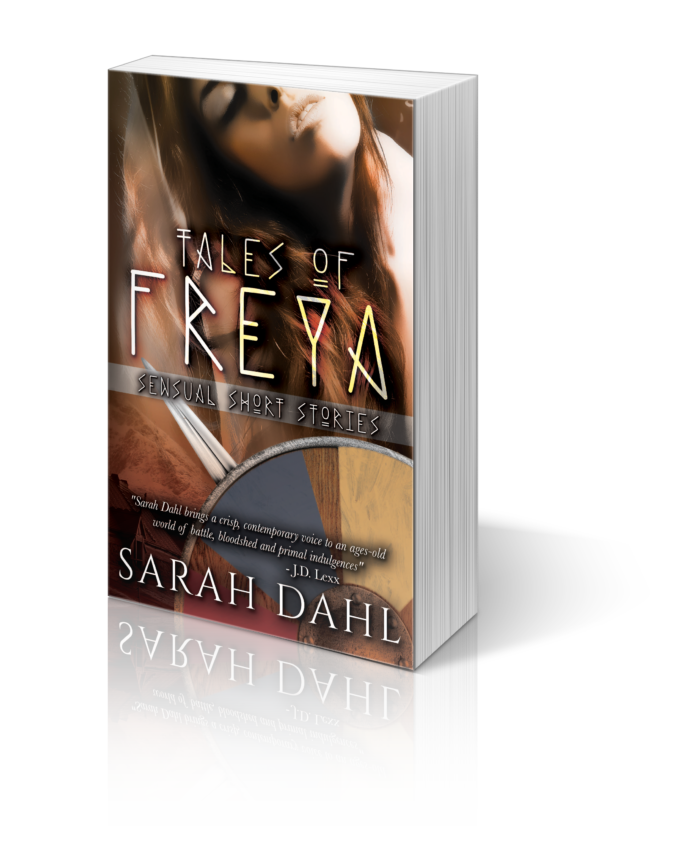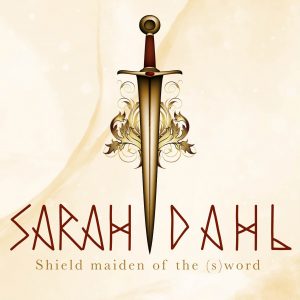Story first — kill your darlings!?
 The thin line between accuracy and boredom
The thin line between accuracy and boredom
To be honest with you, I never understood the often-cited dictum of “kill your darlings” in writing. Every writer has them, just like every writer has a specific style and voice. We really SHOULD have “darlings” in our work, and recognisably so, shouldn’t we?
Then Rebecca Knight properly explained to me what Faulkner meant with “In writing, you must kill your darlings”. Before I read her post, I thought it was about deleting what meant most to me, the writer. And that was confusing. Because these were the parts that I had put most work into, or that I found most original and enjoyable.  My darlings seem to be my research findings. So why kill the parts that made my story believable, and hopefully, stand out?
My darlings seem to be my research findings. So why kill the parts that made my story believable, and hopefully, stand out?
But no. This is not what William Faulkner and Stephen King meant. I now understand that those “darlings” can be anything in our stories. And this “anything” — be it a character, a certain, repeated phrase, a whole chunk of the plotline, etc. — may have an emotional value, “making it dear for the author, but this does not translate for the readers by default” (Rebecca Knight). You have put a lot of work into something in your story, but the reader is more objective in that he isn’t emotionally attached to the research, the phrasing-work, the plotting you did. He just reads your words and wants them to benefit the story.
A writer has to ask herself: is this “darling” disposable? For your reader, not the author’s heart? Does your background-info/research find/character sketch/melodic wording etc. really enhance the overall story? Or can the story be told in a simpler way, and have an even bigger impact?
An objective look at your darlings
In order to identify the “darlings” and which to kill off, writers need objective eyes.  They are those of beta-readers or editors, and, firstly, they can be your own fresh eyes after a long break during which the story is put away. Sometimes after a long absence I was able to identify unnecessary “darlings” with less emotional attachment. But I’d highly recommend beta-readers, several of them, who may know you and your work (and “darlings”!) and can point you to places where “darlings” don’t serve the story. Would killing the darling improve the story as such?
They are those of beta-readers or editors, and, firstly, they can be your own fresh eyes after a long break during which the story is put away. Sometimes after a long absence I was able to identify unnecessary “darlings” with less emotional attachment. But I’d highly recommend beta-readers, several of them, who may know you and your work (and “darlings”!) and can point you to places where “darlings” don’t serve the story. Would killing the darling improve the story as such?
But we are reluctant to really hit “delete” on a problematic story part we put so much effort into, aren’t we?
Are you, harsh reader who demands entertainment, feeling the author’s pain? I certainly do.
Story first!
It’s a thin line between good research (=believable, interesting details) and a history lesson (=boredom, distraction from the actual story).
As a historical writer focussing on the Viking Age I have done and still do tons of research, online, in books and forums, via pictures, or first-hand in museums, exhibitions and on markets/festivals. When planning or writing a Viking story, I check all the minor details and let them affect even my storyline or characters as such. I check with those of my beta-readers who are Viking reenactors or experts as such.
This stems from my own love for historical accuracy. And for books, research, informative details, the texture of the old. I’m a nerd that way. I want (all writers) to put the work in.When reading a historical novel I want to be transported into that time and place and see plausible characters of the time, not something stemming from a modern view and background planted into ancient times. I cringe at wrong details and get furious about a lack of research that exposes the author as too lazy or uncaring. Readers will sense if you are reliable and trustworthy or if you’re trying to trick them to cover up your research-laziness. Not everything is allowed for the sake of a good story, at least in my books. Don’t gimme a historical romance that uses the ancient world just as a stage setting made of cardboard, which will fall flat the moment you put an inspecting finger to it.
BUT.
Yes, I always try to do my research meticulously. Not because I want to show off and lecture, but because I’m held responsible for historical accuracy in my stories. I hate finding historical faults (or laziness to research) in other authors’ works, so I myself need to do better and be believable. But one of my lovely beta-readers pointed out: I’m not writing for the expert-10-percent of readership, but I want to please all readers — with a good story.
Accurate historical details and a display of just how much knowledge an author has to offer doesn’t help the story as such. High research standards can easily result in boredom for the average reader. Some historical experts of the time period may be highly entertained by the description of how exactly something looked or was done, but I don’t want to please the expert minority, I want a believable, accurate set-up that doesn’t overpower.
Accuracy vs. entertainment in historical fiction
It’s a thin line between accuracy and boredom. In writing fiction, entertainment and clarity, i.e. the story’s flow, mustn’t be hindered by putting the background (research) into the foreground!
No matter how many hours I spent researching and discussing the ancient art of arrow-wound dressing with experts, in the end, I have to cut the details to a readable, still entertaining minimum. I’m currently editing a Viking novelette and the main character is shot by an arrow. Of course it hurt to see my wound-dressing details I spent days researching for go. I mourned my bandages and herbal remedies and even carrying-techniques I had discussed with my “experts”. But in the end, my betas agreed that those elaborate parts where unnecessary for the story and slowed the narrative.  So I shortened them considerably and cut down whole paragraphs to just a few sentences. I killed my darlings off.
So I shortened them considerably and cut down whole paragraphs to just a few sentences. I killed my darlings off.
Yes, it flowed better.
Quality will shine through
But then I think that even if you delete many such darlings and focus on pleasing the average reader (whatever that is, just not hardcore-experts), your knowledge and research-work will still show in the story. You don’t have to shove your wisdom into the readers’ faces, a subtle glimpse of the background-work will still shine through and make your story so much stronger. Instead of lecturing, small hints and unobtrusive details that “just fit” will make your work shine. In my case, I let the Viking healer use the ancient remedies accurately and I named them, but in other places in the story left out such details, to keep the story-flow. I let this interesting detail shine in the place it belonged, not everywhere I could show it off.
I have to remind myself: Research is second, the story comes first.
This means, always do your research meticulously, but let it just flavour your story subtly, not overpower it. The work you put in will show and make the whole set-up stronger. Readers will be pulled into your world on their own, without your signposts of “This is what it looked like”, “This is the rulers and their connections of the time” (followed by a huge info-dump), “This is how they travelled”, “This is how they looked, acted, loved, hated…” Just NO!
In the background, as a consistent, believable undertone, is where your research-darlings belong.
Over to you: are you a historical writer and constantly fiddle with the balance between research findings and entertainment? How much expertise do readers of historical fiction expect/want/enjoy?? What about other genres and their Darlings? What darlings are there to kill in your preferred genre? Let’s know in the comments, I can’t wait to hear it all!






Comments (0)